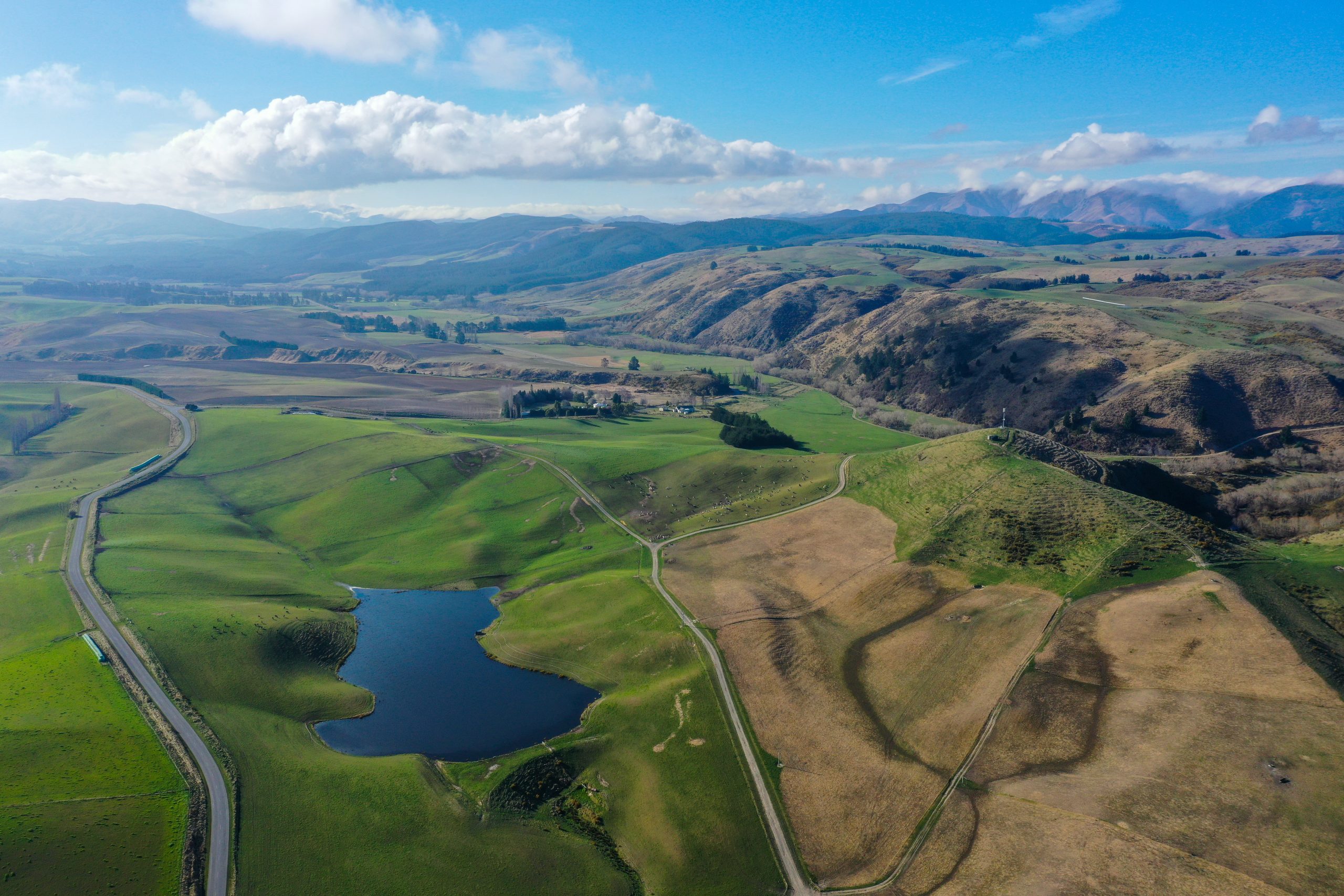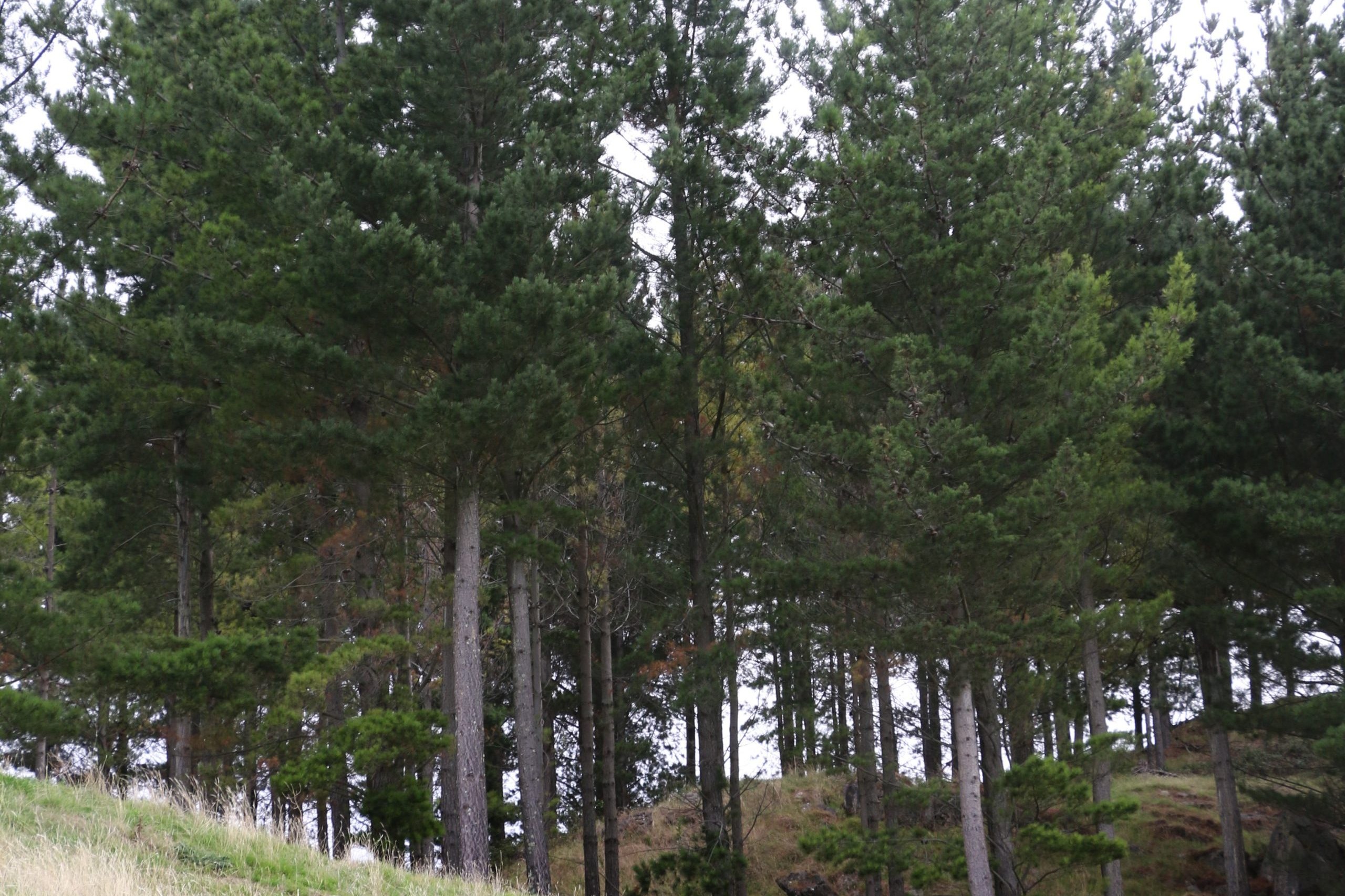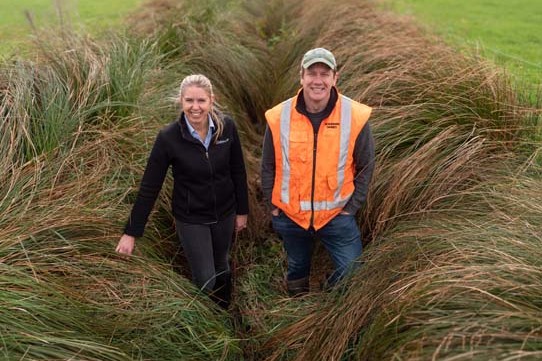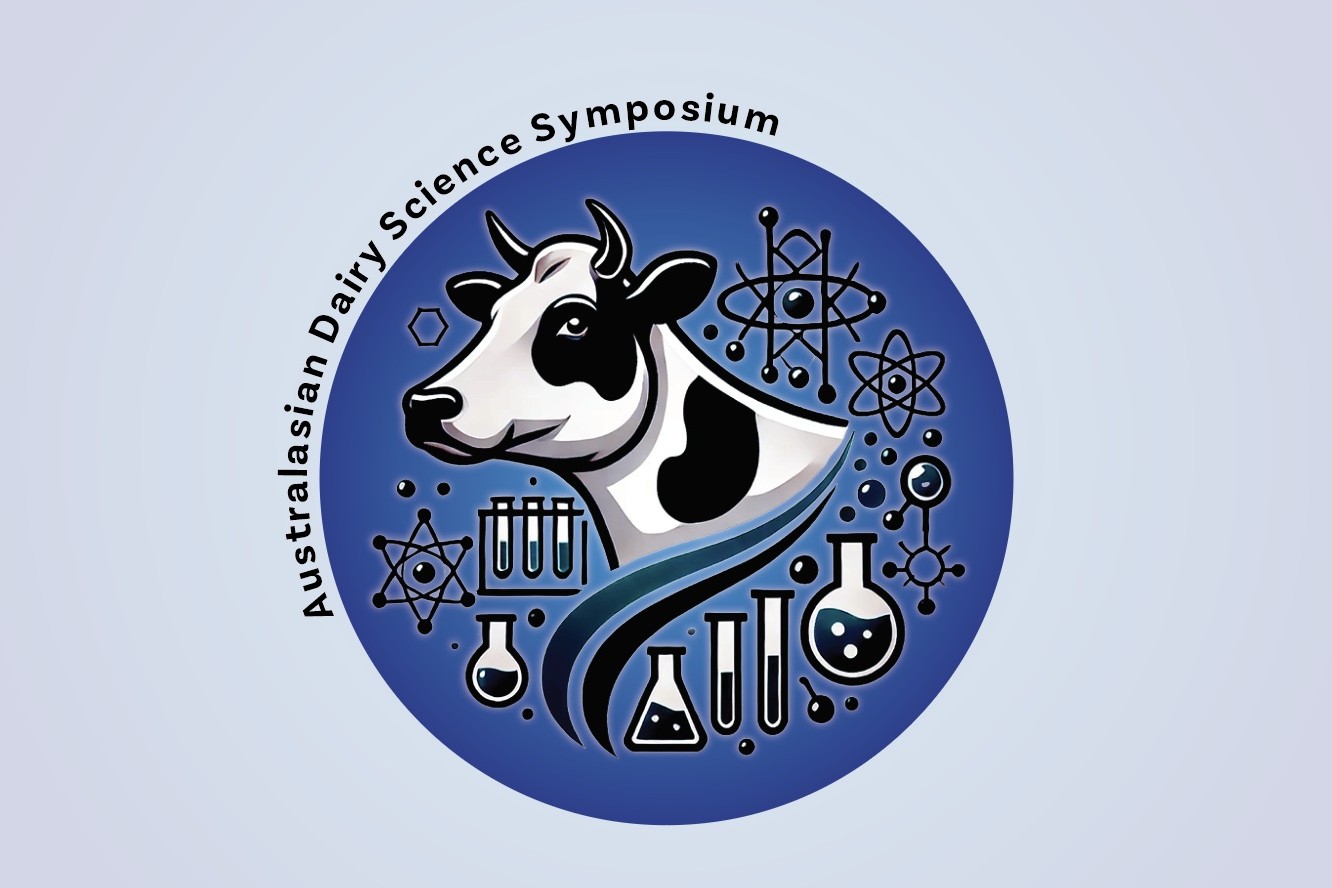Doing what is right
Southern Pastures was created with an ethos of doing what is right, by the environment, by the animals, by the people. That ethos drives the dairy farming group to farm at a higher standard. Sheryl Haitana reports.
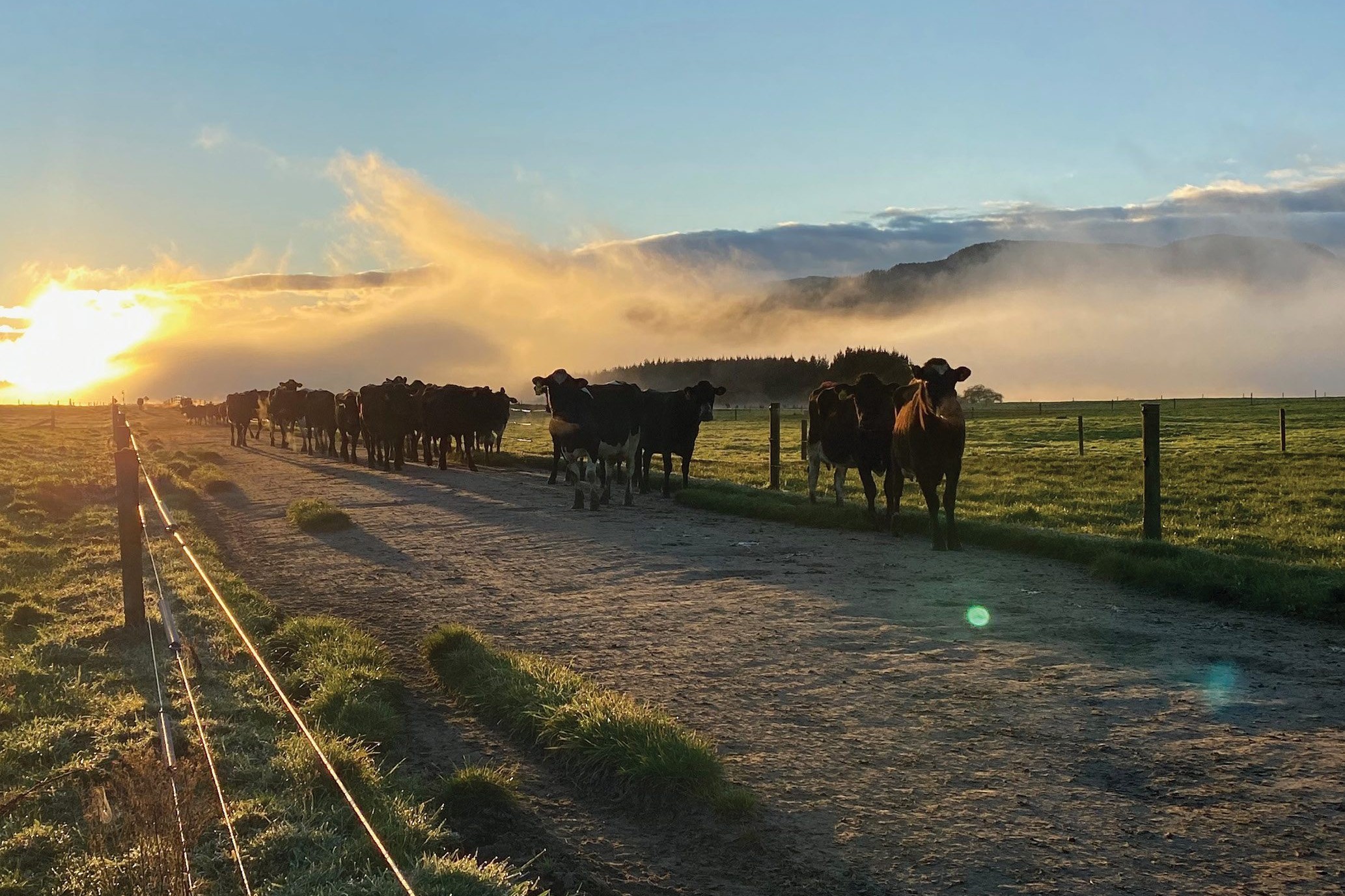
The answer to helping climate issues is not to reduce pastoral farming in New Zealand, but rather to harness the potential of that pastoral farming to sequester carbon while continuing to be the world’s most environmentally efficient dairy producer delivering nutritionally valuable products.
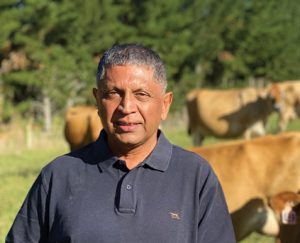
Carbon-neutral dairy farming is an achievable and profitable future for Kiwi farmers, who can lead NZ in its climate change goals while producing premium dairy products that are sought after by the rest of the world, Southern Pastures executive chair Prem Maan says.
“We do not share the prevailing view that dairying is the problem; we actually see dairy as being part of the solution to mitigate climate change.
“Pasture farmers should be the heroes, not the villains of climate change.”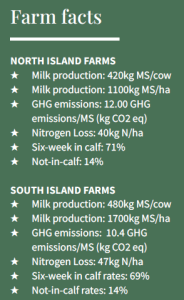
If NZ farmers are restricted so tightly that their production is detrimentally reduced then it’s a lose, lose, lose situation for the globe, he says.
NZ is the most efficient dairy industry in the world. If NZ reduces its milk production, a recent OECD study showed less-efficient countries will fill the gap to produce a third of that deficit. The other two thirds won’t get produced, and will instead be replaced by less nutritionally beneficial food.
Prem believes carbon neutral is possible for NZ dairy farms, for now the company has committed to a Toitu Carbon Reduce Certification.
“We really do need to learn how to farm sustainably within our farm gate and within our industry, and we believe this to be possible.”
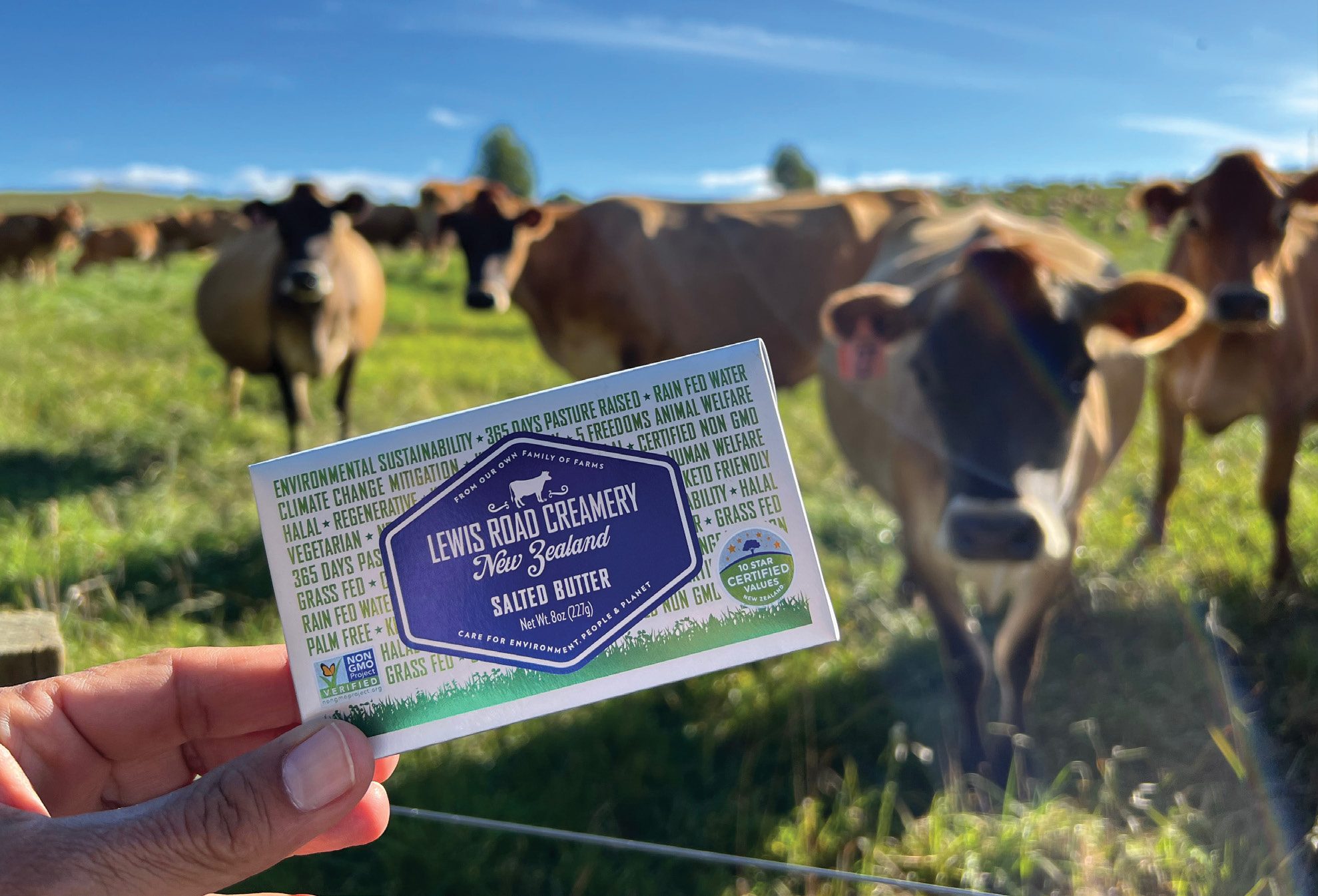
Southern Pastures owns 19 farms, 10 in South Waikato and nine in Canterbury, in total milking 15,000 cows on 4937 hectares effective. The total area is 6355ha with non-effective area in forestry, plantings and regenerating native bush.
The farming group has implanted 10 star certified values on their products which are achieved through excellent farming and management practices.
Two of the certified values are a commitment to carbon mitigation and environmental sustainability.
In 2017/18 the group created carbon mitigation plans for all farms and made a goal to reduce their carbon footprint 10% by 2030, in line with what will be required by the wider dairy industry.
By 2021/22 they had reduced total carbon emissions by 11.3% already, through making a number of strategic decisions; a 38% reduction in nitrogen fertiliser from 209kg/ha to 131kg/ha, using more nitrogen inhibitor fertilisers and a policy of exclusion zones, being vigilant on where fertiliser is spread and not spread. They reduced the amount of imported feeds by 16% and increased their effluent-irrigated area which reduced liquid nitrogen applied/hectare by 6%. Nitrogen loss per hectare reduced from 59kgN/ha to 43kg under Overseer.
“Some of that 11.3% reduction will relate to those actions, and some of it will be from a reduction in production,” director of farming, Mark Bridges says.
They are ahead of the gradient line they set for themselves, Mark says, but climatic challenges over the last couple of years meant the reduction has been 3-4% ahead of where they might have thought they would have been.
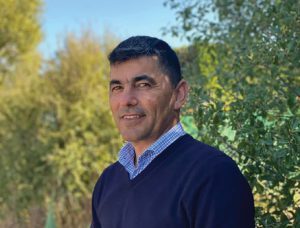
Looking after topsoil is another big global issue that ties in with climate change that dairy farmers can help with, Prem says.
As part of the national Manaaki Whenua soil carbon measurement study, all 19 Southern Pastures farms have been deep soil tested with the aim to have a carbon base line to work from. They are waiting for the results which they will incorporate into their farm Carbon Mitigation Plans.
Southern Pastures also use smart practices such as minimal tillage, planting multi species pastures and limited cropping to improve soil structure and have also invested in releasing dung beetles on their farms which are capable of dragging carbon 1.2 metres deep in the right soil conditions.
They are always looking for more efficiencies onfarm and ways to do things with a lighter footprint, however, it would be imprudent of them as a business to continue to reduce their carbon footprint to the detriment of production at this stage, Mark says.
“It’s difficult to walk the walk.
“We are like everyone else, we are awaiting appropriate tools to assist us. It would be foolish of us to allow any further significant drops in production.”
Southern Pastures unashamedly targets its products to premium markets; those products earn more money, but also cost more to produce.
For any dairy farming business, finding the balance between continuing to strive for improved environmental sustainability while maintaining profitability is a continuously moving target.
Pressure on profit margins
Continuing to improve environmental stewardship on dairy farms will increasingly put pressure on profit margins. This will challenge the position of farm owners to offer contract milking and sharemilking opportunities, and what those contracts look like.
There is a conversation to be had as a wider industry on how best to remunerate future contract milkers and sharemilkers when production is going to potentially be limited to align with environmental stewardship targets, Mark says.
Remuneration options are on the table for them as a dairy farming group to discuss as they want to continue offering pathways into farming. Southern Pastures offers an opportunity for equity partners to build up to a 24.9% share in a farm.
It contracted six new young Farmer Partners in the 22/23 season and all have stayed on for the 23/24 season. They are committed to upskilling and helping them on their journey in the industry, Mark says.
In recent seasons they have done regular reviews of the contract milking rate during the season in response to the pandemic and inflationary pressures.
“In the past we have set contracts and stuck to them. However, we were responding to the markets and wanting to do the right thing.
“It’s all about the people and we are focused on helping people through their careers and that they are well cared for.”
Alongside human welfare and taking care of their employees and partners, another one of their ten star certified values is exceptional animal welfare.
The herds are independently body condition scored four times a year, have two locomotion scores a year and are tail scored annually, all as a measure for how well cows are being treated on each farm.
“Animal welfare is very close to our heart. Well-fed cows are happy cows.
“Our team is very focused on that and we are now upping our game even more; we have got cow wearables going into all of our farms. All 19 farms have Cow Manager installed, providing us exciting information to be able to manage these animals even better into the future.”
Southern Pastures is working with LIC and Rissington Beef to start finishing off more of their non-dairy replacement calves.
They reared 750 dairy beef calves this year, are doubling that figure next season and are looking to ramp the numbers up.
The “prime beef from dairy dams” product out of their crossbred cows and Profit Maker® bulls is resulting in some good looking beef animals with a good level of marbling, Mark says.
All of the Southern Pastures herds are crossbred cows, they aim for the F8/J8 crossbred which they believe is a good fit for their forage-based system, they walk well and mate well and they also produce the ideal milk for their high-quality Lewis Road Grass-fed butter.
The Grass-Fed certified value is achieved with the cows diet of 96% grass or forage fed (on a drymatter (DM)% basis) 70% of which includes homegrown feeds such as grass forage crops and silage with the remainder being predominantly imported grass, lucerne and maize silage.
The other up to 4% can be made up of NZ grown non-GMO grain bought in to fill any feed gaps.
“Our key point is we are trying to manage the risk of seasonality and pasture growth as much as we can.
“Our focus is on feed high utilisation focusing on both the pasture and the supplement feed.”
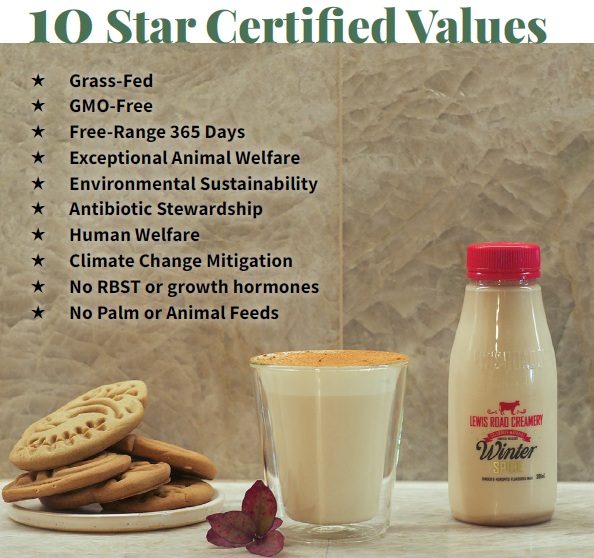
Antibiotic stewardship value
Antibiotic Stewardship is another ten star certified value which includes testing any cow with mastitis symptoms using a Mastatest box on each of the farms to find out if or what antibiotic she needs to be treated with. The cows are given pain relief while they wait for the test results, Mark says. Typically 20% of the cows tested don’t require antibiotics.
The focus is always on prevention first and there is significant investment in infrastructure and repairs and maintenance of tracks.
“So that we don’t cause a problem that we then turn around and try and fix with antibiotics, which is unacceptable.”
Free range 365 Days is another value. All the South Waikato farms have a feedpad, and two of the Canterbury farms, but there are no covered barns, with the philosophy that the cows should be out in the paddock foraging.
They have an annual commitment on all the farms to continue to plant shelter and shade, which is a work on for the whole industry, Mark says.
They have recently planted 16km of shelter borders on the Canterbury farms which was initially inspired after Mycoplasma bovis, and planted 52,000 natives.
“We now have improved biodiversity, biosecurity and shade and shelter. We also have a focus to provide shade and shelter underneath the pivots, which is tricky, we are using some mountain flax to help with that.”


